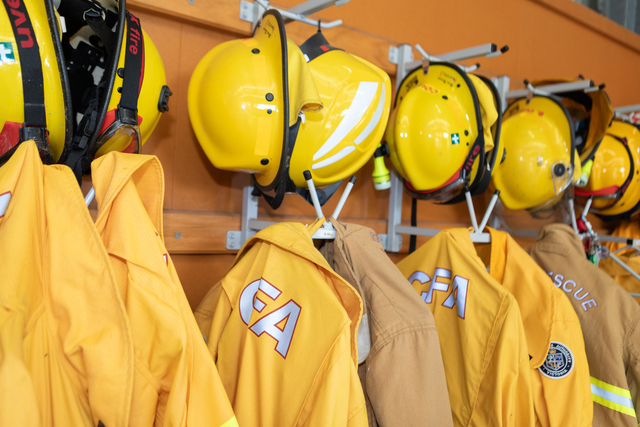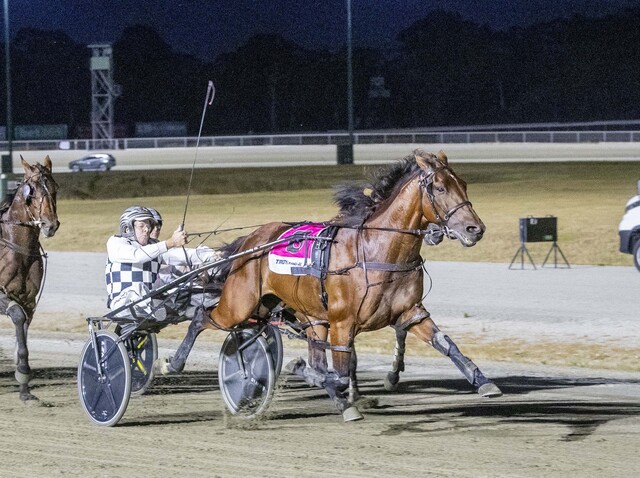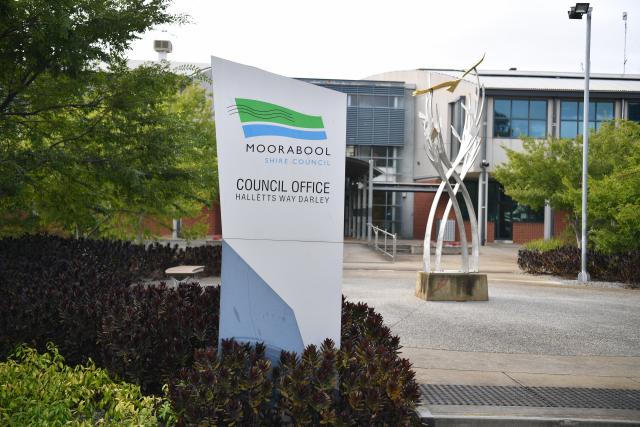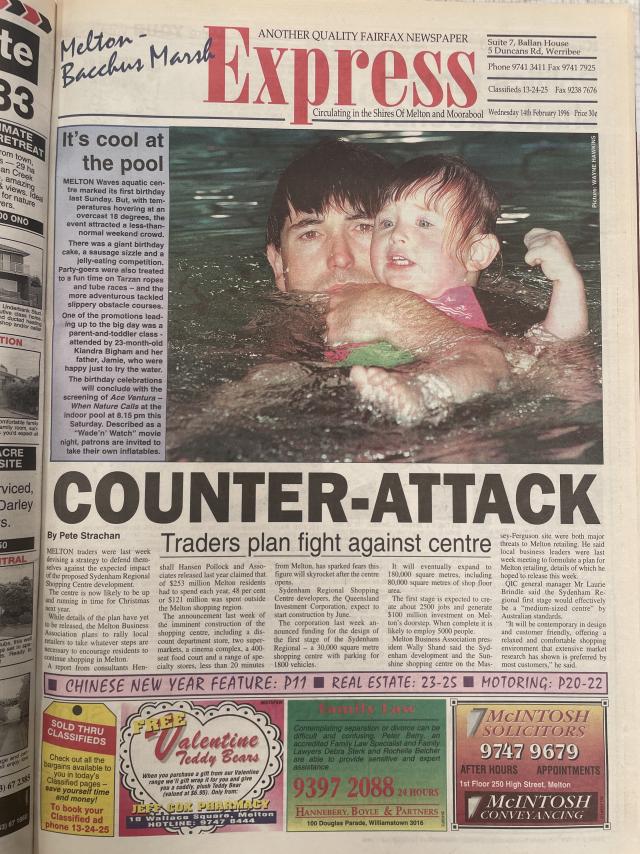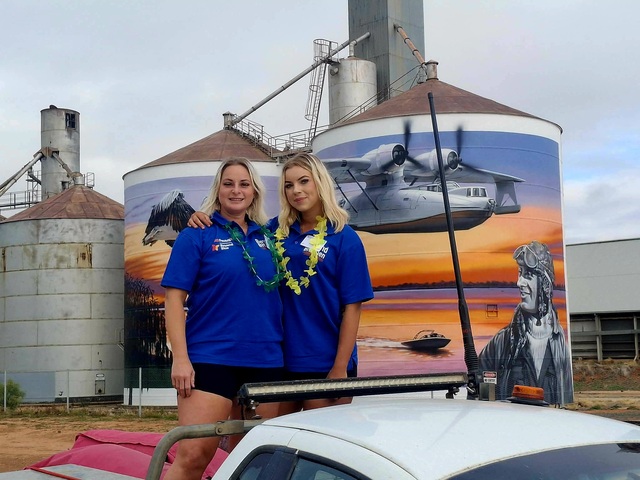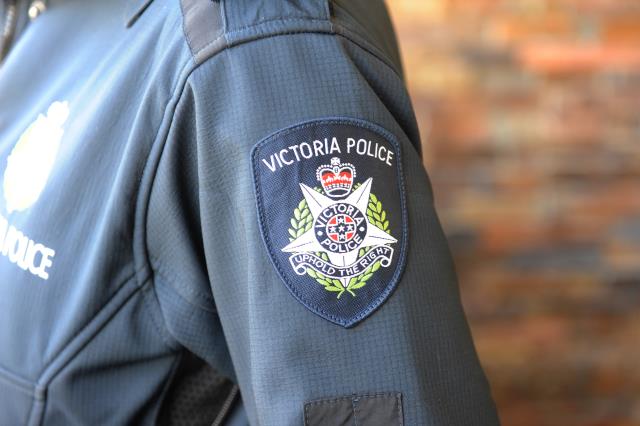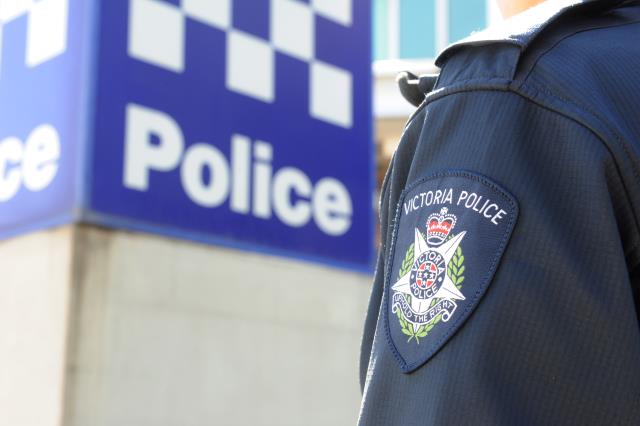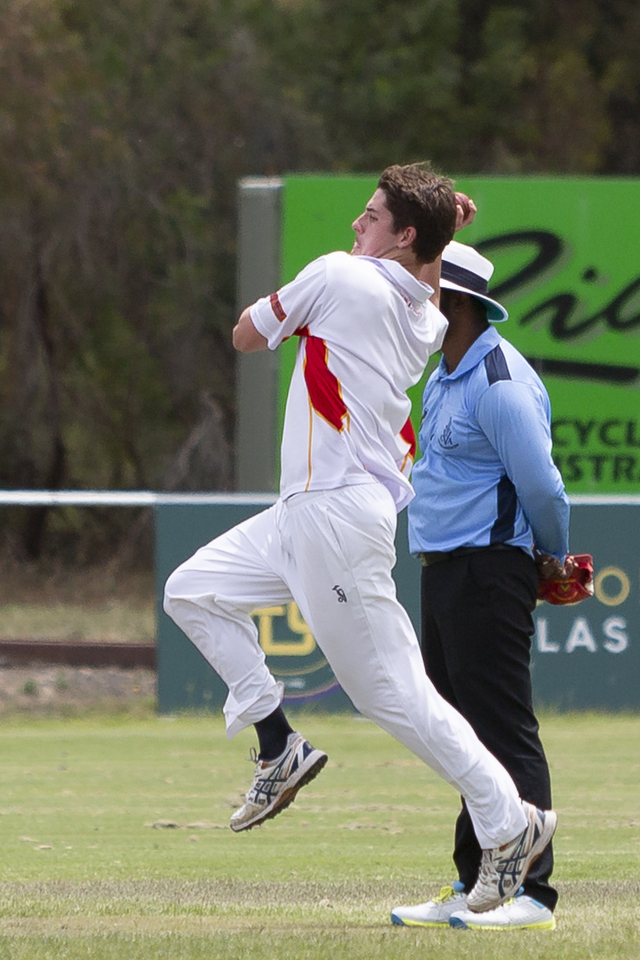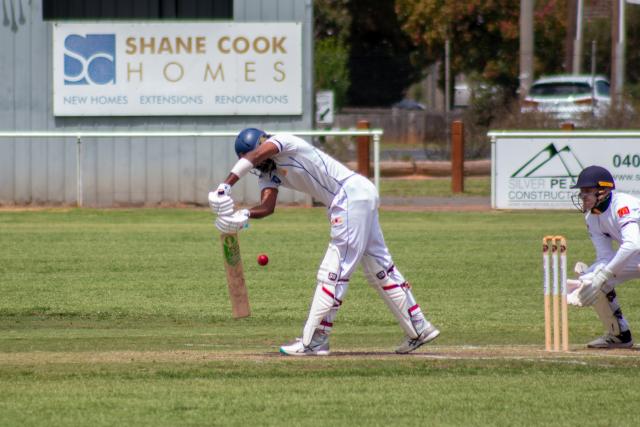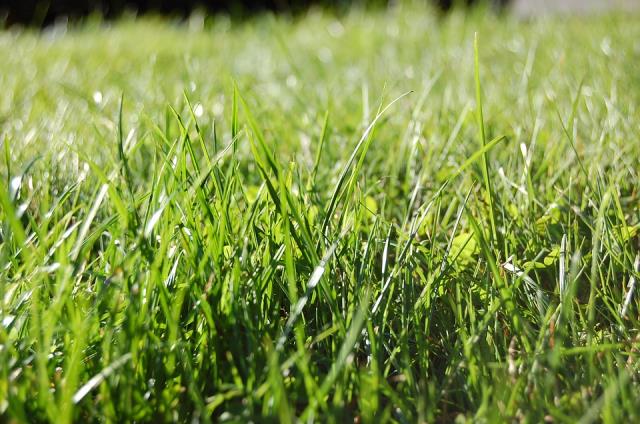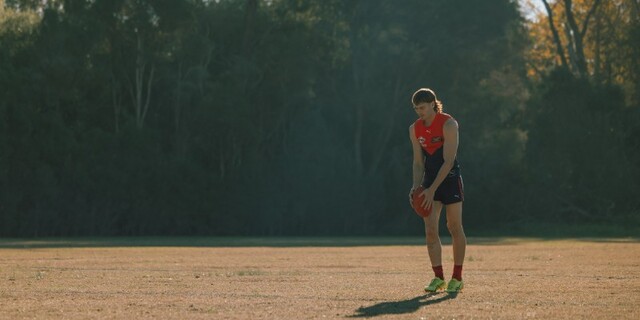More than 400 people vented their frustrations over a proposal to bring contaminated soil into the area at a town meeting in Bacchus Marsh last night.
In a largely civil, but at times rowdy meeting, crowds filled the Bacchus Marsh Town Hall and spilled out into the street as community members sought answers about the potential impact on the town and nearby farms.
Maddingley Brown Coal has tendered to receive and store unclassified spoil from the Westgate Tunnel Project. The tender is with Transurban, which will decide on its preferred site. It will then need to be ratified by the planning minister.
Members of a newly formed group, the Bacchus Marsh Community Coalition, which organised and ran last night’s meeting, said their concerns about the proposed dumping were growing.
“[Maddingley Brown Coal] has Parwan Creek running through it, it’s adjacent to Werribee River, very close to Bacchus Marsh Grammar and Bacchus Marsh College schools, and those waterways obviously service the irrigators in the market gardens of the area,” a group spokesman said.
“That’s why this group of local residents is concerned. We don’t want this here.”
Local MPs Steve McGhie and Michaela Settle, Upper House MP for Western Victoria Beverley McArthur, Moorabool mayor David Edwards, shire chief executive Derek Madden, and Colleen Hartland from the National Toxics Network all attended the meeting.
Also in the crowd were representatives from a Wyndham Vale group which is fighting plans to use a local stabling yard as a dumping ground for the soil. They pledged their support to the Bacchus Marsh community.
The Westgate Tunnel Project, Transurban and MBC declined invitations to attend.

Both Cr Edwards and Mr Madden told the meeting that while council is the planning authority, they believe that MBC will request that the minister intervene to amend the planning scheme in this matter, should they win the tender.
Mr McGhie and Ms Settle said they would take all community concerns to the minister and the Environmental Protection Authority.
Ms MacArthur said it was disappointing that decisions about the storage of the spoil were being made at such a late stage in the process.
“In 2017 it was well known that this soil was contaminated,” she said.
“Nearly three years later, the state government is in discussions with multiple landfill operators, and you’re quite right to have concerns about what might happen if this contaminated soil comes into your area.
“This is a famous and vitally important food bowl, feeding the people of Melbourne and beyond. We cannot risk contamination.”
Community questions ranged from concerns over the impact to nearby schools, why alternate site further from residential areas were not automatically chosen for the spoil, why the spoil is not tested until it reaches the site, and how will local trucks deal with the increase in truck traffic.
One resident also raised concerns over the impact of the spoil on the endangered Growling Grass Frog population in the region, while another called on the community to form a class action lawsuit to try and stop MBC accepting the spoil.

Ms Hartland commended the community for taking up the fight.
“You are what I call accidental activists,” she told the meeting.
“Suddenly something is happening in your backyard that is endangering yourself, your children or your grandchildren, and you have to do something about it.
“This is not going to be fixed overnight, it’s not going to go away because you run a bit of a social media campaign, this is going to take time and effort… because as a community you have a right to know what is going on.”
The Community Coalition is planning a future town meeting with the EPA and other relevant bodies while it awaits the result of the tender process.





